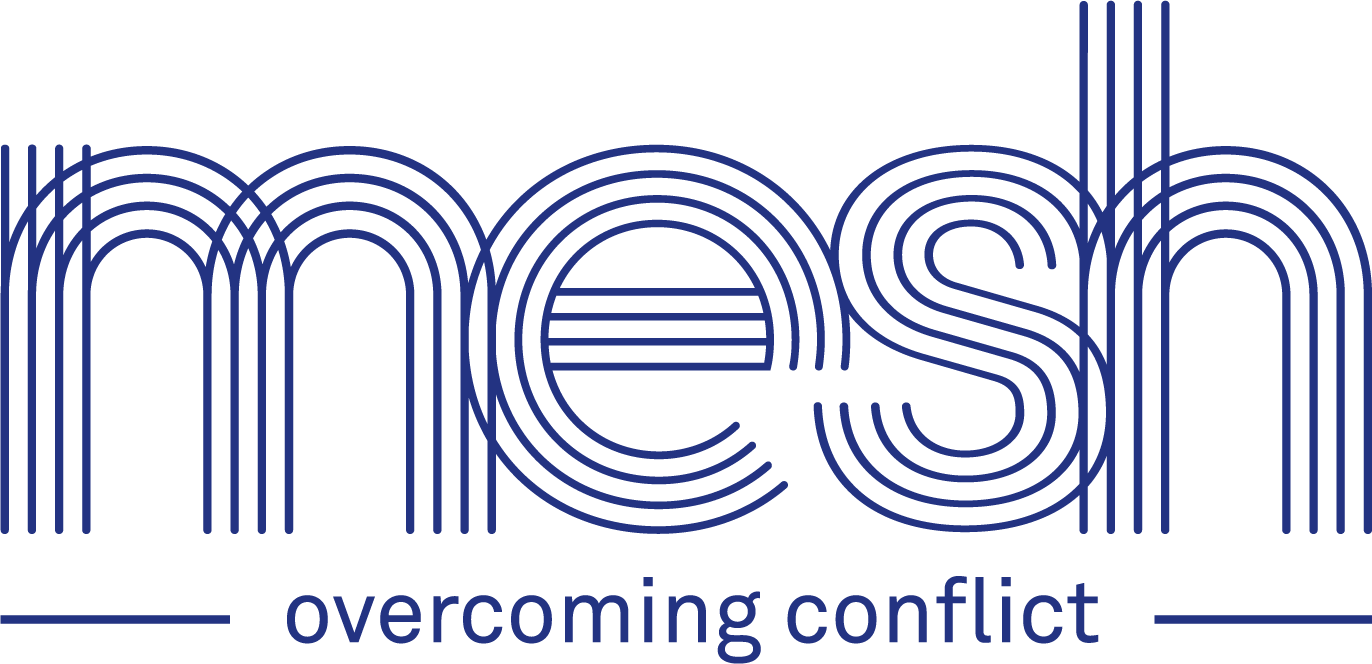Five ways empathy can break conflict
From former FBI lead hostage negotiator, Chris Voss.
Often, people come to mediation with a conflict that seems unsolvable. There may have been hundreds of conversations, over weeks, months or years. And in one or two meetings, we can help them make a lasting agreement.
One of the ways we do that is by using what former FBI lead hostage negotiator, Chris Voss, calls Tactical Empathy. This is one of the most useful skills in a mediator’s repertoire. And you can try it yourself.
What empathy is.
Empathy is not sympathy. It is not agreement. You don’t have to feel compassion for the other person or think that they are doing the best, or even a good, thing. It means understanding, as much as possible, their side of things. What they think, feel and why they want things a particular way.
How it helps you.
Demonstrating empathy can help you learn more information, including the other person’s boundaries and motivations.
Empathy encourages flexibility. If you understand what the other person thinks and feels – and they believe that you understand them – they’re more likely to loosen up around things that had previously been hard lines.
Agreements are more likely to last. Any deal you make is more likely to be honoured once you leave the mediation room if both people feel understood and taken into account. If you bully someone into an agreement, they’ll soon back out or harbour resentment that arises later in other difficulties.
As Chris Voss says, “If you can get at what’s driving someone, you can change their outlook, you can change their decision making”.
Here’s how!
5 tips for effective empathy
Ask open-ended questions
This is any question that you can’t answer with a yes, no, or one-word response. “What’s most important for you, at home?” Is an open-ended question. “Is quiet time important for you at home?” is not.
Asking them can help get to the nub of the issue, you might learn something surprising, and you will have demonstrated that you’re interested, which will get the other person engaged in the process.
Allow awkward silences
After you’ve asked a question, stay quiet. It might be excruciating but stick with it.
Once they start talking, encourage them with non-verbal sounds or simple words like “mm-hm”, “yes”, or “uh-huh”. It will help them feel listened to and can help you find out information, which you can use to break conflict and make an agreement.
Mirror their words
Mirroring someone’s response is a simple way to get them involved in the process and tease out information. All you do is repeat back 1-3 words of what they said. Usually the last words.
They might say, “when the fence fell down it crushed my flowers”, to which you reply, “crushed your flowers.” By verbalising empathy in this way, you help them stay engaged and feel understood, making an agreement more likely.
Label emotions
Neuroscience experiments have shown that labelling a negative emotion when you’re feeling it can decrease its power. On the flip side, it helps to reinforce positive emotions. This is a powerful but simple technique:
If you notice an emotion, name it.
Try something like, “it seems like that was really frustrating,” “you sound sad,” or “it feels like that made you happier”. Avoid “I” and phrases like “I get the impression that...” Keep the focus on the other person.
Go with your gut
It doesn’t matter if you get labelling wrong. It still helps the other person to know that you’re tuned in and trying to understand. They will have the opportunity to correct you. So if you start feeling like they’re getting angry, they probably are. Name it.
If you’re stuck in a situation and can’t see a way out, try these techniques and see if anything changes. It probably will.
Want to learn more?
We can help you navigate complicated situations with conflict training and mediation. You don’t even need to be in the same room as the person you’re in conflict with. A skilled mediator will be able to empathise with both people, see the situation in all its complexity, and help you come to a resolution.
Call us on 0114 698 10 60 to confidentially discuss your situation or email us at enquiries@meshccs.org.uk.
Learn more from Chris Voss in his book Never Split the Difference or on his Masterclass course, The Art of Negotiation.

